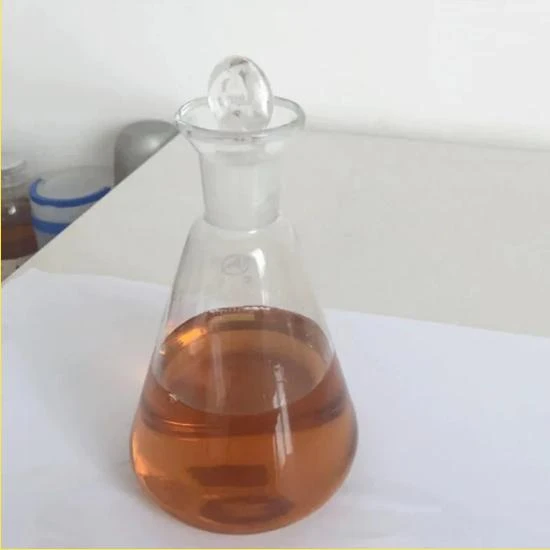
Exploring the Benefits of Muriate of Potash as a Fertilizer Option for Agriculture
The Importance of Muriate of Potash Fertilizer in Modern Agriculture
Muriate of potash, commonly referred to as potassium chloride (KCl), is a vital inorganic compound widely used as a fertilizer in agriculture. This salt-like substance contains a significant concentration of potassium—one of the three primary macronutrients essential for plant growth, alongside nitrogen and phosphorus. The increasing global demand for agricultural products, coupled with the depletion of arable land and changing climate conditions, underscores the importance of effective fertilizers like muriate of potash.
Nutritional Significance of Potassium
Potassium is crucial for numerous physiological functions in plants. It plays a critical role in photosynthesis, enhancing the plant’s ability to convert sunlight into energy. Furthermore, potassium regulates the opening and closing of stomata, thereby controlling water loss and gas exchange. It also contributes to the synthesis of proteins and enzymes, strengthening plants' overall health and resilience to diseases. Specifically, potassium enhances the quality of crops, improving their size, color, and taste, which is essential in satisfying market demands.
Benefits of Muriate of Potash
Muriate of potash fertilizer is favored for several reasons. First, it is highly soluble in water, making it readily accessible for plant uptake. This rapid solubility ensures that crops receive the potassium they need during critical growth periods. Additionally, it is relatively inexpensive compared to other potassium fertilizers, making it an economical choice for farmers, especially in regions where agricultural inputs are limited.
muriate of potash fertilizer

Another significant benefit is the balanced ratio of potassium to chloride that muriate of potash provides. While chloride is typically viewed as a secondary nutrient, it can aid in osmotic regulation and other physiological processes within the plant. The presence of chloride can be particularly beneficial for certain crops, including sugar beets and some types of cereals, which utilize both potassium and chloride for optimal growth.
Environmental Considerations
However, the use of muriate of potash does not come without environmental considerations. The extraction and processing of potash can lead to ecological disturbances if not managed responsibly. Moreover, the excessive application of muriate of potash can contribute to soil salinity, which can harm delicate ecosystems surrounding agricultural lands. For this reason, farmers are encouraged to adopt best management practices, including soil testing and integrated nutrient management, to ensure that potash is applied in appropriate amounts.
Conclusion
In conclusion, muriate of potash fertilizer plays a pivotal role in modern agriculture by providing an essential nutrient that enhances plant growth, quality, and resilience. As the global population continues to rise, the challenge of producing sufficient food will only intensify. Therefore, the effective use of fertilizers like muriate of potash will be paramount in ensuring agricultural productivity and sustainability. By employing responsible practices in its application, farmers can maximize the benefits of this fertilizer while minimizing the potential environmental impacts. The journey towards sustainable agriculture relies heavily on balancing nutrient supply and environmental stewardship, with muriate of potash serving as a key player in this vital equation.
-
nitrile-rubber-honoring-strict-production-standardsNewsAug.22,2025
-
aspartame-ingredients-honoring-food-safety-valuesNewsAug.22,2025
-
fertilizer-for-balanced-plant-nutritionNewsAug.22,2025
-
cyanide-gold-processing-with-high-purity-additivesNewsAug.22,2025
-
formic-acid-in-textile-dyeing-applicationsNewsAug.22,2025
-
aluminum-hydroxide-gel-in-skincare-productsNewsAug.22,2025
-
Regulatory Compliance for Global Mining Chemicals UseNewsAug.12,2025
Hebei Tenger Chemical Technology Co., Ltd. focuses on the chemical industry and is committed to the export service of chemical raw materials.
-

view more DiethanolisopropanolamineIn the ever-growing field of chemical solutions, diethanolisopropanolamine (DEIPA) stands out as a versatile and important compound. Due to its unique chemical structure and properties, DEIPA is of interest to various industries including construction, personal care, and agriculture. -

view more TriisopropanolamineTriisopropanolamine (TIPA) alkanol amine substance, is a kind of alcohol amine compound with amino and alcohol hydroxyl, and because of its molecules contains both amino and hydroxyl. -

view more Tetramethyl Thiuram DisulfideTetramethyl thiuram disulfide, also known as TMTD, is a white to light-yellow powder with a distinct sulfur-like odor. It is soluble in organic solvents such as benzene, acetone, and ethyl acetate, making it highly versatile for use in different formulations. TMTD is known for its excellent vulcanization acceleration properties, which makes it a key ingredient in the production of rubber products. Additionally, it acts as an effective fungicide and bactericide, making it valuable in agricultural applications. Its high purity and stability ensure consistent performance, making it a preferred choice for manufacturers across various industries.





